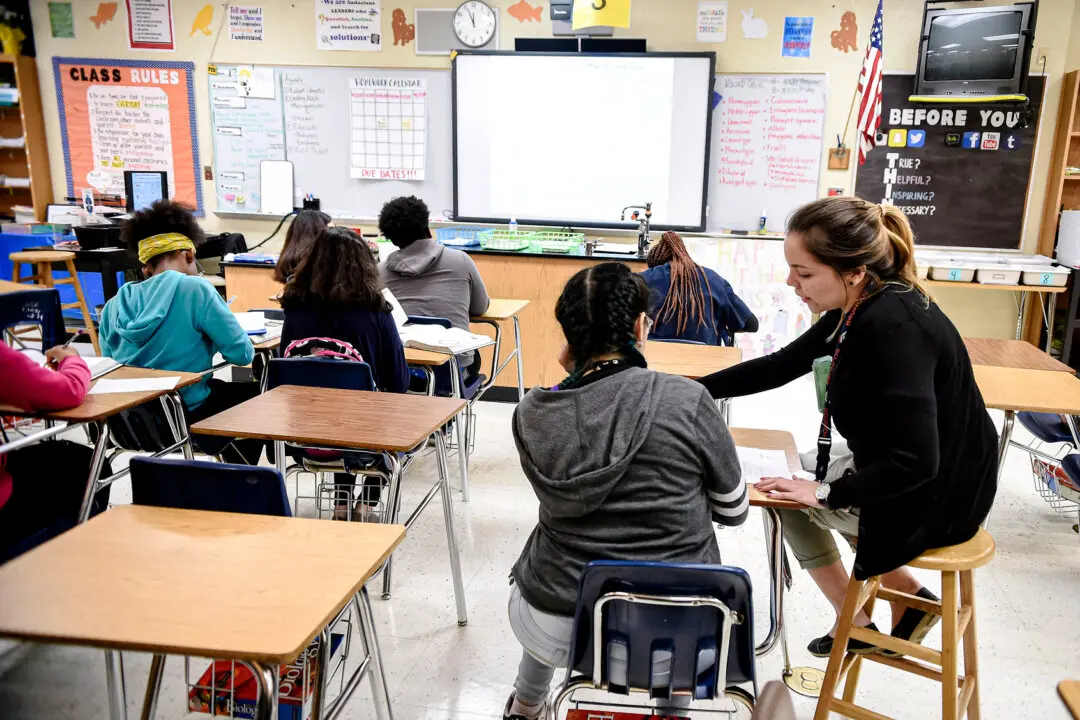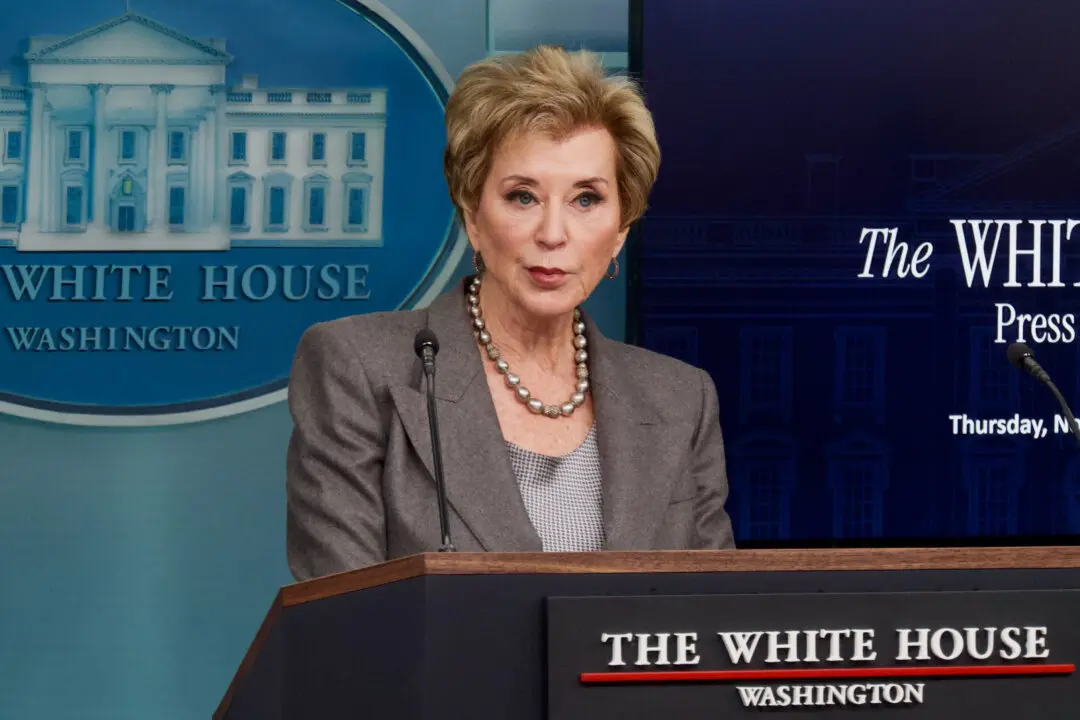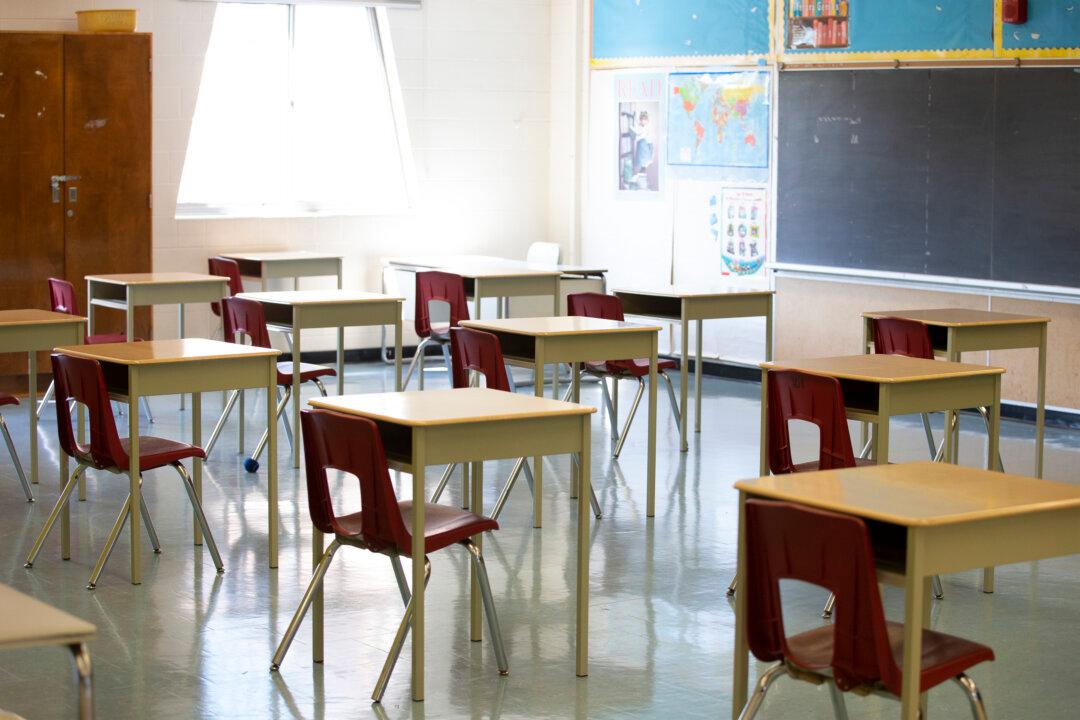Commentary
Imagine you were to ask a random group of Canadian parents to describe the primary mission of schools. Most parents would say something along the lines of ensuring that all students learn basic academic skills such as reading, writing, and mathematics.





